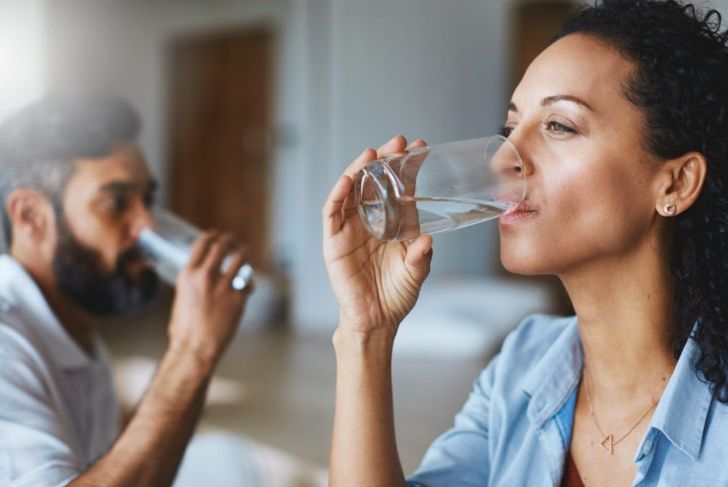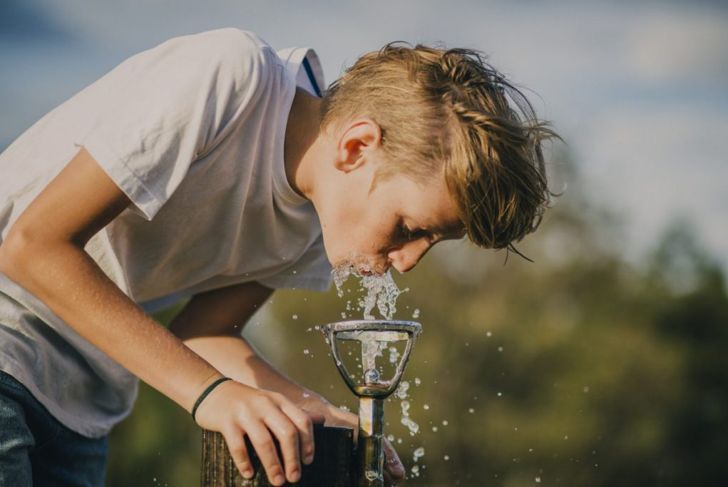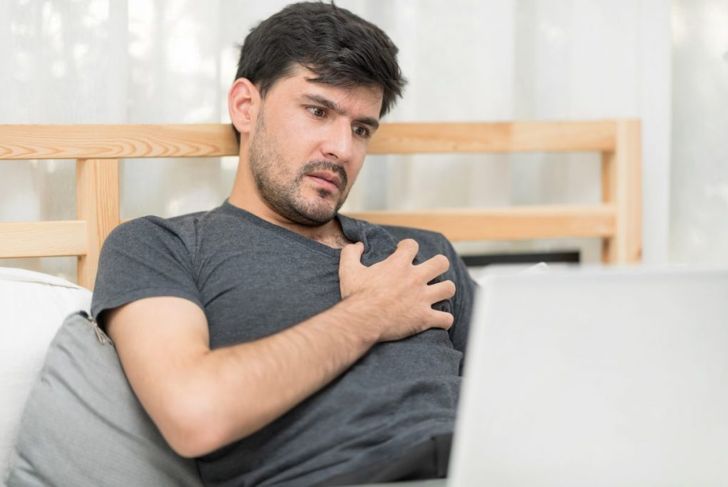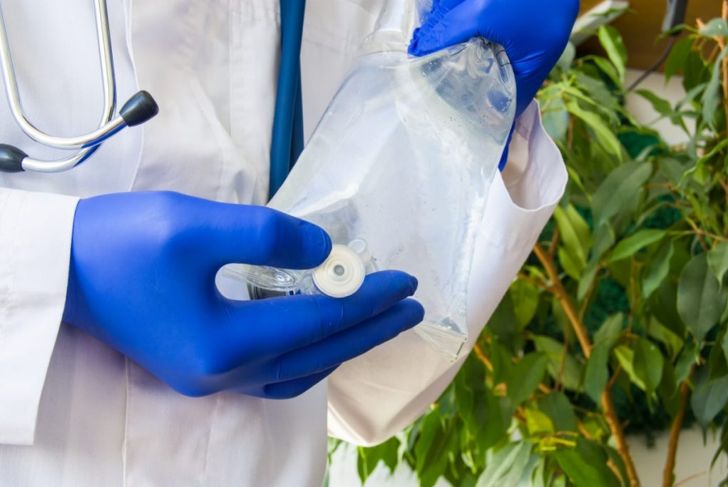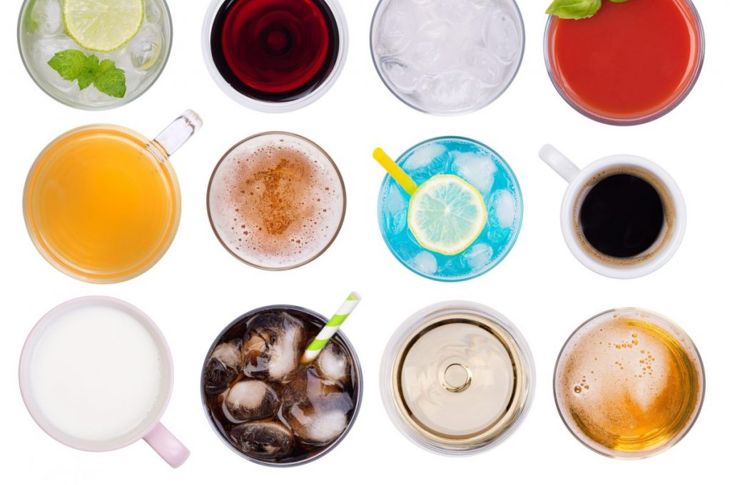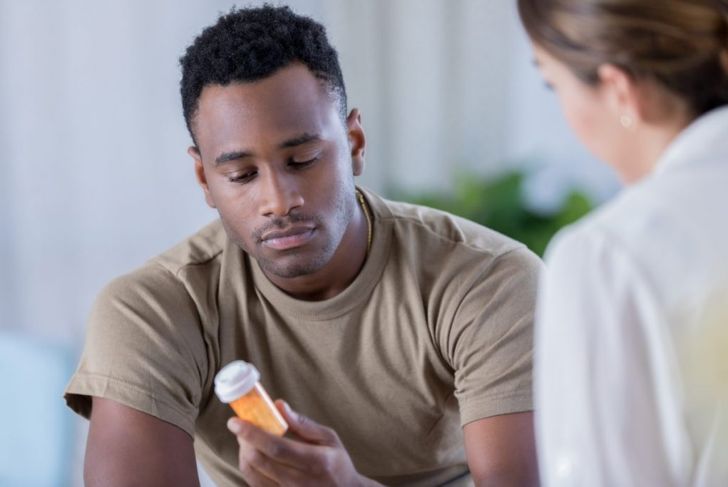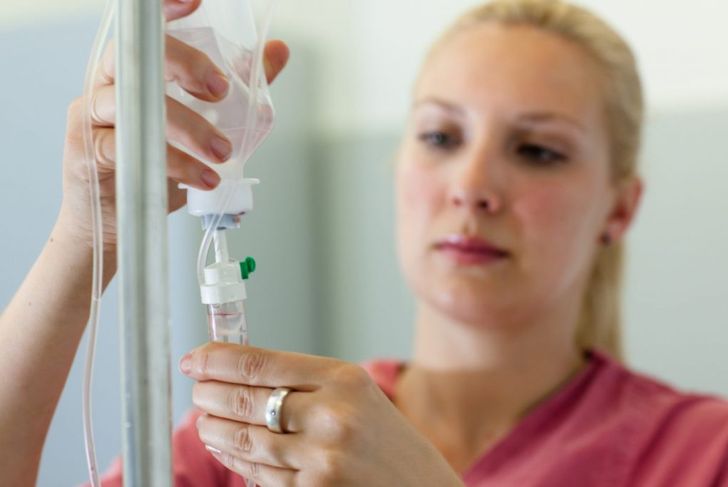Polydipsia is the medical term for excessive thirst and drinking. It comes from the Greek word pludipsios, which means “very thirsty.” Most people drink a glass of water or other beverage when they feel thirsty, and this relieves the sensation. People affected by polydipsia feel thirsty no matter how much they drink.It may seem strange that drinking too much water is a problem. Medical advice usually stresses the importance of drinking water. Water is essential for life but, in excess, it can cause serious health problems and even death in rare instances.
Causes of Polydipsia
Polydipsia may be a symptom of undiagnosed diabetes mellitus or indicate poorly managed diabetes, as high blood sugar can cause excessive thirst. Hemorrhage, or loss of blood, and electrolyte imbalances can also cause this symptom. Psychiatric disorders and many antipsychotic medications also have polydipsia as a side effect, as does excessive salt intake, steroids, and vitamin K. Polydipsia is also a symptom of anticholinergic poisoning. Anticholinergics include allergy medications, sleep aids, cold medicine, and some antidepressants, recreational drugs, and heart medications.
Symptoms of Polydipsia
The main symptoms of polydipsia are feeling thirsty after drinking a lot of water and excreting more than five liters of urine per day. Other symptoms vary depending on the cause. Diabetes or high blood sugar can lead to continuous dry mouth, constant hunger, fatigue, nausea or vomiting, and rapid weight loss. Anticholinergic poisoning may cause blurry vision, vertigo, nausea, disorientation, and tremors.
Water Intoxication
Psychiatric disorders can cause psychogenic polydipsia, a form of the condition that results in a desire to drink large amounts of water to cope with boredom or anxiety. Severe polydipsia is sometimes called water intoxication or water poisoning, and this disorder occurs in six to 17% of people with chronic psychiatric disorders. Schizophrenia is the most common psychiatric cause.Water intoxication may lead to an enlarged bladder, incontinence, renal failure, and congestive heart failure. The most serious complication is hyponatremia or drastically low sodium levels in the body.
Hyponatremia
The initial symptoms of hyponatremia include nausea, vomiting, tremors, muscle cramps, slurred speech, and ataxia or the loss of coordination and inability to control muscle movements. Advanced hyponatremia causes blurred vision, confusion, seizures, comas, and death. Many antipsychotic medications are anticholinergics, which cause dry mouth and may lead to polydipsia on their own.
Diabetes Insipidus
Compensatory polydipsia is a symptom of diabetes insipidus, which may develop when the body cannot properly balance fluid levels. The kidneys keep fluid and electrolyte levels stable by excreting urine. Water also leaves the body through sweating, breathing, and diarrhea.Symptoms of diabetes insipidus include weakness, loss of skin elasticity, vomiting, muscle cramps, and confusion. Polydipsia is usually a symptom of diabetes insipidus but, alternately, electrolyte imbalances after years of polydipsia can also cause the latter condition.
Diagnosis of Polydipsia
A patient must drink six liters or more of water per day, to be diagnosed with polydipsia, but the more important diagnosis is the underlying cause. Doctors usually ask patients to measure fluid intake and output for at least a week. A container with visible measurements is the easiest method of tracking fluids. The patient must measure all liquids, including water, soda, juice, and coffee.Special containers to measure urine output are available from medical staff, who may also collect blood and urine samples to check glucose, potassium, and sodium levels. A blood screen can check levels of vasopressin, an antidiuretic hormone that can indicate diabetes insipidus.
Treating Psychogenic Polydipsia
Treating psychogenic polydipsia usually involves psychiatric care. Doctors may adjust the type or dosage of antipsychotic medications. Counselors help clients develop coping skills and routines to stop compulsive drinking. Sometimes people with psychiatric disorders use water as a “purge,” to self-medicate. Mental health professionals evaluate psychiatric symptoms and explain the dangers of drinking large amounts of water in a short time. Psychogenic polydipsia is often a chronic, recurrent condition, so treatment is ongoing.
Emergency Medical Care
Chronic polydipsia can eventually cause electrolyte imbalances and hyponatremia, and the former can happen very quickly. People using recreational drugs at a concert or party have developed acute polydipsia with serious consequences. A person exhibiting tremors, slurred speech, seizures, confusion, or loss of consciousness after drinking large amounts of water needs emergency medical care immediately.The first step in treating hyponatremia is stabilizing electrolyte levels with intravenous fluids. Medical professionals slowly replace potassium or sodium via IV administration. Suddenly injecting large amounts can trigger cardiac arrest, severe muscle cramps, seizures, and kidney failure.
Treating Polydipsia From Diabetes
Methods of treating diabetes mellitus include insulin, oral medications, and education concerning diet, exercise, and monitoring blood glucose levels.Sometimes surgery is a permanent cure for diabetes insipidus that is caused by an abnormality or tumor in the pituitary gland. Diabetes insipidus caused by an antidiuretic hormone imbalance requires ongoing treatment. Doctors often prescribe a synthetic hormone substitute to help the body maintain stable fluid and electrolyte levels.
Lifestyle Changes
Long-term polydipsia treatment often includes daily monitoring of fluid intake and urine output. A nutritionist can help people eat a healthy diet and add exercise to their daily routines. People with mental health disorders sometimes respond well to fluid restriction using a token system. Clients and medical professionals agree on a certain amount of daily fluid intake and offer rewards for meeting goals. With assistance, the individual gradually reduces the amount of liquid consumed each day until he or she reaches a healthy level. This system is proven to work well for people with developmental disabilities, but almost everyone can use it.

 Home
Home Health
Health Diet & Nutrition
Diet & Nutrition Living Well
Living Well More
More